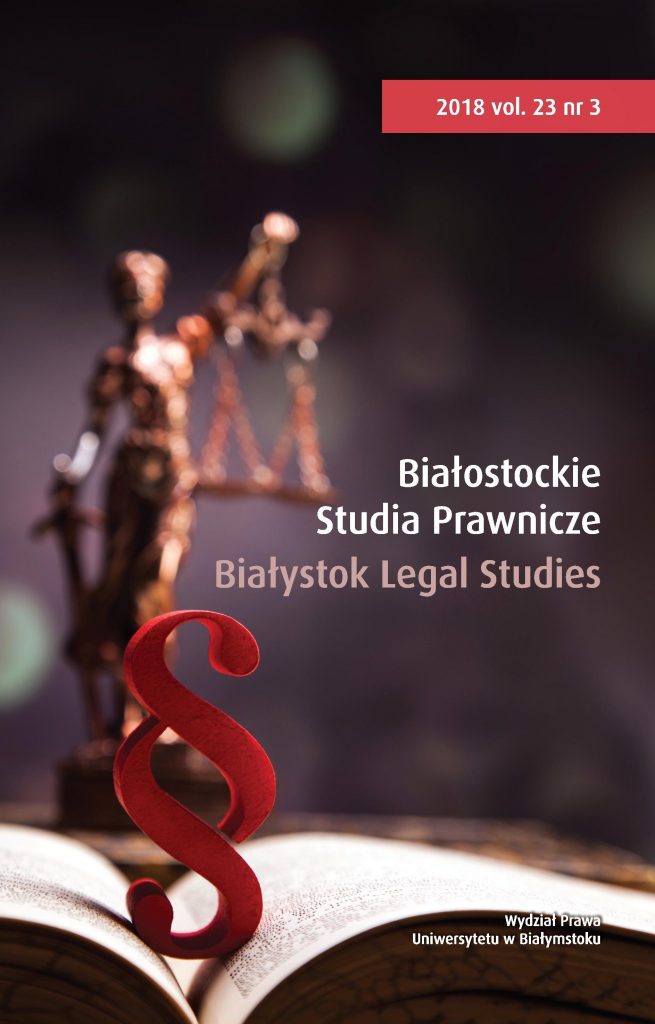The Pedagogy of Placements in Criminology Teaching: An Interactive Parallel Model of Criminological Learning
Abstrakt
Formalised placements in criminological programmes are not a widely used teaching strategy in England and Wales (United Kingdom). This article presents the findings of a small study which explored how placements reinforced and enhanced the criminological understanding of the student and whether there were benefits for mentors. The preliminary results indicated a positive correlation between what the student had learned in the classroom, and how this was applied in the “real world”. Building on Wenger’s communities of practice and Dalrymple, Kemp and Smith’s triadic learning, there emerged a parallel model of interactive criminological learning for students and mentors; a model that could not be emulated through traditional pedagogical teaching alone, thus reinforcing the concept of experiential learning (Kolb, 2015), in a journey framed by Burch as that from unconscious knowledge and application to a conscious competent performance.Bibliografia
Bates B., Learning Theories Simplified, London: SAGE, London 2016.
Boud D., Using Journal Writing to Enhance Reflective Practice, “New Directions for Adult and Continuing Education” 2001, no. 90, https://doi.org/10.1002/ace.16.
Bryman A., Social Research Methods, Oxford University Press, Oxford 2016.
Burch N., The Four Stages for Learning Any New Skill, http://www.gordontraining.com/free-workplace-articles/learning-a-new-skill-is-easier-said-than-done/.
Clarke V., Braun V., Teaching Thematic Analysis: Overcoming Challenges and Developing Strategies for Effective Learning, “The Psychologist” 2016, vol. 26, no. 2.
Cox E., Adult Learners Learning from Experience: Using a Reflective Practice Model to Support WorkBased Learning, “Reflective Practice” 2006, vol. 6, no. 4.
Daines J., Daines C., Graham B., Adult Learning Adult Teaching, Welsh Academic Press, Cardiff 1993.
Dalrymple R., Kemp C., Smith P., Characterising work-based learning as a triadic learning endeavour, “The Journal of Further and Higher Education” 2012, vol. 38, no. 1.
Dearing J., Feilzer M., Privatising Probation, European Journal of Probation 2015, vol. 8, no.2.
Dickerson C., Jarvis J., Stockwell L., Staff -Student Collaboration: Student Learning from Working Together to Enhance Educational Practice in Higher Education, “Teaching in Higher Education” 2016, vol. 21, no. 3.
Eraut M., Developing Professional Knowledge and Competence, Routledge, Oxon 1994.
Finch E., Fafinski S., Criminology Skills, Oxford University Press, Oxford 2016.
Green T., Gates A., Understanding the Process of Professionalization in the Police Organisation, The Police Journal: Theory Practice and Principles 2014, vol. 87, no. 2.
Jarvis P., The Theory and Practice of Teaching, Routledge, London 2002.
Klinge C., A Conceptual Framework for Mentoring in a Learning Organisation, “Adult Learning”, vol. 26, no. 4.
Kolb D., Experiential Learning, Pearson Education, Upper Saddle, NJ 2015.
Leicester S., Costley C., Work-Based Learning at Higher Education Level: Value, Practice and Critique, “Studies in Higher Education” 2010, vol. 35, no. 5.
Nulty D. D., The Adequacy of Response Rates to Online and Paper Surveys: What Can Be Done?, “Assessment and Evaluation in Higher Education” 2008, vol. 33, no. 3.
Onwuegbuzie A., Leech N., On Becoming a Pragmatic Researcher: The Importance of Combining Quantitative and Qualitative Research Methodologies, “International Journal of Social Research Methodology” 2007, vol. 8, no. 5.
Petty G., “Teaching Today” Oxford University Press, Oxford 2014.
Schon D., The Reflective Practitioner: Taylor & Francis, London 1991.
Skills for Justice, Online https://www.sfj uk.com/ (6.06.2017)
Smith M., “Jean Lave, Etienne Wenger and Communities of Practice”, The Encyclopedia of Informal Education, http://www.infed.org/biblio/communities_of_practice.htm.
Tennant S., Murray M., Forster A., Pilcher M., Hunt the Shadow not the Substance: The Rise of the Career Academic in Construction Education 2015, “Teaching in Higher Education”,
http:// www.tandfonline.com/doi/full/10.1080/13562517.2015.1070342.
The Quality Assurance Agency for Higher Education, http://www.qaa.ac.uk/assuring-standards-andquality/the-quality-code/quality-code-part-b (31.05.2017).
Thompson S., Thompson N., “The Critically Reflective Practitioner”, Hampshire: Palgrave Macmillan 2008.
Transforming Rehabilitation Strategy, https://consult.justice.gov.uk/digital-communications/transforming-rehabilitation/results/transforming-rehabilitation-response.pdf (31.05.2017).
University of Worcester, Future Criminal Justice Workers Start on New Degree at University of Worcester 2017, http://www.worcester.ac.uk/discover/future-criminal-justice-workers-starton-new-degree-at-university-of-worcester.html
Wenger E., Communities of Practice, Cambridge University Press Cambridge, 1999.
Wetter Riechmann S., Grasha A. F., A Rational Approach to Developing and Assessing the Construct Validity of a Student Learning Style Scales Instrument, “Journal of Psychology. Interdisciplinary and Applied” 2010, vol. 87 issue 2.



